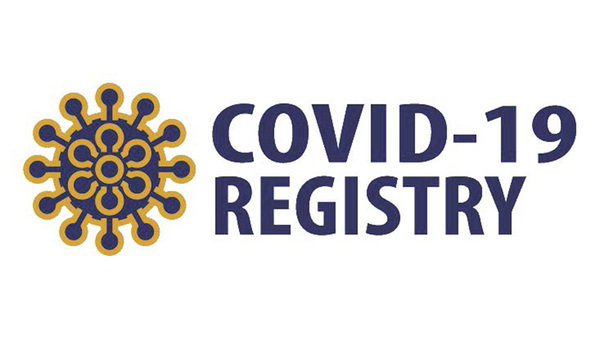

In an effort to track the spread and impact of the coronavirus and better inform decision-making at the state and local levels, research leaders at the University of Notre Dame are leveraging the University’s membership in the Indiana Clinical and Translational Sciences Institute (CTSI) and one of its key programs, All IN for Health, to launch the Indiana COVID-19 Registry.
“Understanding how COVID-19 is affecting the health and well-being — physical, mental and economic — of Indiana residents is critical to our battle against this formidable foe,” said Marie Lynn Miranda, the lead scientist on the registry and the Charles and Jill Fischer Provost at Notre Dame.
Designed as a complement to state and county dashboards, the Indiana COVID-19 Registry will measure economic and health impacts, anticipate health care needs, understand behavior in response to policy changes and identify popular and effective sources of information.
The registry is open to anyone 18 years of age or older and involves introductory and follow-up surveys. The introductory survey asks about background and medical history, mental health, hand-washing habits, household size, recent travel history and health status, among other topics. It takes about 10 minutes to complete and is available in English and Spanish. The follow-up surveys are shorter and will ask similar questions, allowing the registry to track changes in impacts and behavior over time.
The registry will include an online dashboard with information about symptoms and testing, mental health impacts, exposures, public health practices and household impacts at the state and county levels. The dashboard will be made public once adequate data are available. At no time will the dashboard reveal identifying information on registrants.
Data from the registry will be stored in a highly secure system built and maintained by the Center for Research Computing at Notre Dame. Results will be published and updated online, excluding information that could be used to identify any respondents.
“The Indiana CTSI is in a unique position to connect with people across the state, which will help us get more perspective about this unprecedented pandemic,” said Dr. Sarah Wiehe, co-director of the Indiana CTSI. “By understanding the needs of our communities now, as well as over time, we will be better prepared to improve health through research in the future.”
The Indiana COVID-19 Registry is modeled on the COVID-19 Registry at Rice University, where Miranda served as professor of statistics from 2015 to 2020. Miranda was the lead investigator for the Rice registry during her time there. She is now the lead investigator for the Indiana registry.
The ongoing COVID-19 Registry at Rice revealed a lack of screening for the coronavirus and disparate economic impacts based on race among Houston-area residents. At the same time, it showed residents engaging in behaviors such as social distancing and hand-washing to slow the spread of the virus.
For more information or to participate in the registry, visit covreg.crc.nd.edu.
Contact: Erin Blasko, assistant director of media relations, 574-631-4127, eblasko@nd.edu
Originally published by at news.nd.edu on September 01, 2020.